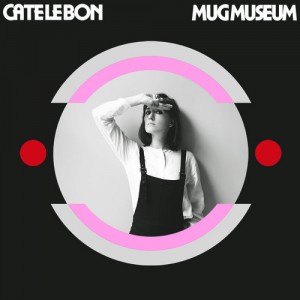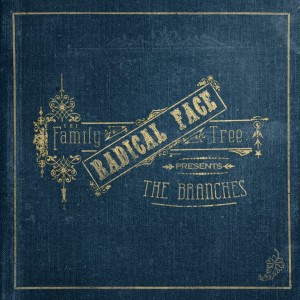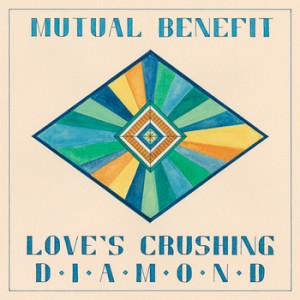 Rating:
Rating: 




Magpie and the Dandelion is the eighth full length album from the Avett Brothers, a hardworking folk-rock band that has enjoyed considerable popularity since their 2009 major label debut, “I and Love and You”. Fans of the band will discover another consistent album and a few worthy additions to the band’s live set list. Those on the fence, however, are unlikely to be won over.
The Avett Brothers make simple, accessible music that always seems effortlessly authentic. In keeping with their previous efforts, Magpie and the Dandelion is a fairly straightforward and minimalistic album. Musically, the record holds no real surprises; the Avett Brothers stick to their winning formula: real instruments, sparse arrangements, calm, sincere vocal performances.
Any band that insists on simplicity to the degree that The Avett Brothers do puts a lot of pressure on their songwriting. On top of that, The Avett Brothers write very literal, direct lyrics and often repeat them. I like the idea of The Avett Brothers. I like their sound, their confidence, their openness. It’s hard to say a critical word about this band because their message is so earnest and positive, but I’m going to give it a shot.
The songs, specifically the lyrics, on Magpie and the Dandelion are something of a let-down. My inner grammar Nazi perked his ears up early and often while listening to the album. While nodding my head to the first track, “Open Ended Life“, (certainly the catchiest tune on the record) I heard the line: “I was taught to keep an open-ended life and never trap myself in nothing” (apparently this includes the constraints of proper syntax). Okay, okay, I know that double-negatives, even those as easily avoidable as the one caused by the choice to use the word ‘nothing’ instead of ‘anything’ in this lyric, are accepted colloquialisms and should be forgiven. It would also be nitpicky of me to get worked up over conflicts of tense, such as the one found in the line, “I lived it but now I’m wanting out,” from “Skin and Bones”. Where this album loses me, however, is in its constant use of pronouns with vague or missing antecedents e.g. the line: “Apart you’ll see how true it is and how back then it possibly was impossible for you or me to know it,” in “Apart From Me”. Besides the general clumsiness of the sentence, I’m left with no clue what the word it is supposed to refer to.
There are sweet sentiments throughout, even bits of wisdom worthy to be hung over many a kitchen sink. Elsewhere though, the album hits you over the head with lines such as: “When to know what I should for my heart to rest doesn’t meet with the actions I make, I will seek the approval of no one but you in love for the changes I take.” I can’t begin to parse this statement. Unfortunately, Magpie and the Dandelion’s ultimate song “The Clearness is Gone” could also serve as its ultimate description.
Despite getting hung up on some of the lyrics, I did manage to enjoy parts of Magpie and the Dandelion. Although the opening track is ostensibly about packing up and hitting the proverbial road, in many ways this record is all about commitment and responsibility. Songs such as “Good to You” and “Bring Your Love to Me” reflect the real cares and concerns of songwriters who have become fathers and husbands. There are some great piano parts on the album, most notably in “Morning Song”, which is at once hopeful and bittersweet. My favorite song on the album, by a long shot, is “Souls Like the Wheels”. This is the only live recording on the album, and the song dates back to 2008’s The Second Gleam EP. The finger-picked guitar here is brilliant, and in contrast to many of the other songs on the record, “Souls Like the Wheels” is effective and emotive.










